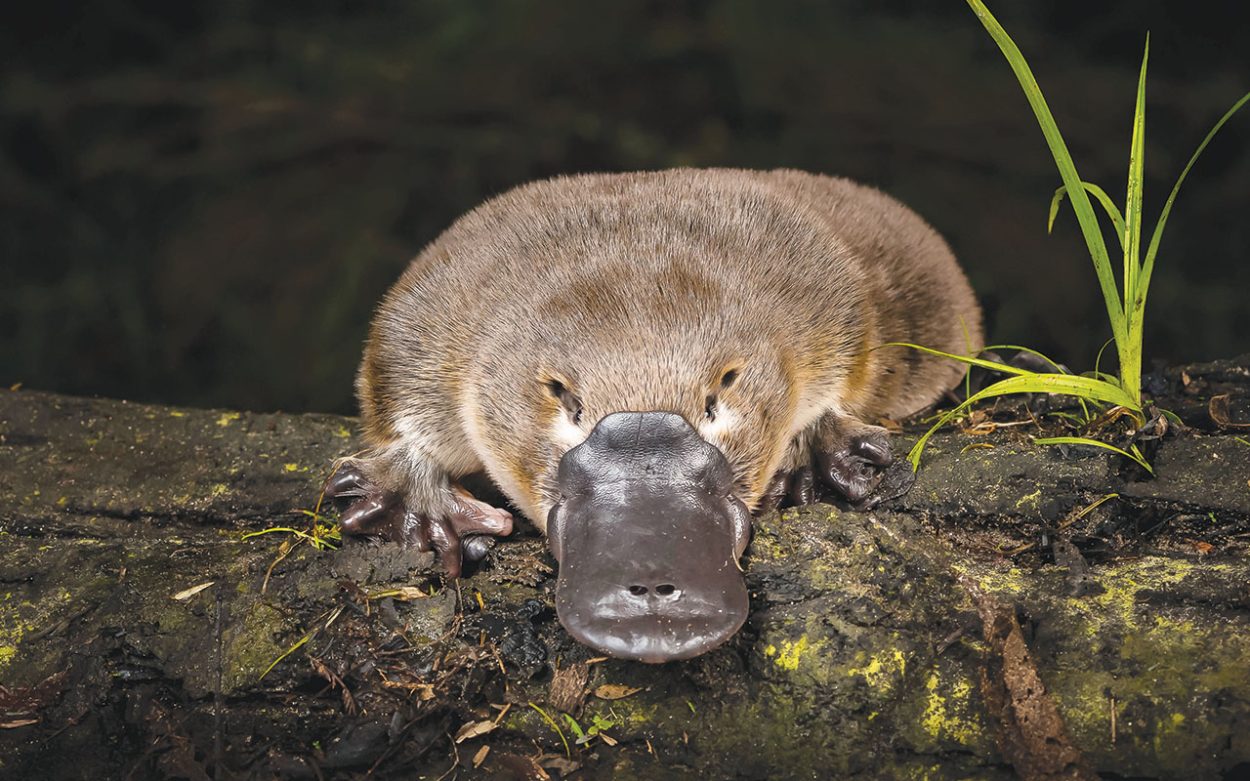CLIMATE change and “increasing urbanisation” is endangering the platypus population on the Mornington Peninsula, researchers say. The state’s platypus population is being assessed this spring breeding season using “eDNA testing”. Between 2021 and 2023, Melbourne Water sampled water at 1800 locations across the state – it detected traces of DNA shed into the environment from platypus mucus, urine, faeces, skin, and saliva. Melbourne Water detected platypus activity on the Mornington Peninsula. Its researchers are urging residents to take care to protect their environment.
Dr Rhys Coleman, manager of waterways and wetlands research at Melbourne Water, said “in the face of declining numbers, it’s more important than ever to monitor where the platypus live – knowing where they occur is the first step in being able to look after them.” “Climate change and increasing urbanisation are impacting platypus habitats, and we must seize every opportunity to protect our precious waterways to stabilise their numbers,” he said. “With urbanisation comes increased water runoff from hard surfaces such as roofs, driveways, and roads into stormwater drains which flows into waterways destroying platypus habitats and introducing contaminants, including litter that can become tangled around animals and cause mortality.
“Tackling the complex issues that threaten platypus requires collaborative efforts, including all levels of government, waterway managers, urban planners, scientists, Traditional Owners and the community. We need to use all the tools in the toolbox, including intensive revegetation, better stormwater management, reducing pollutants in waterways, and maintaining natural water flows in our rivers and creeks.”
Coleman says the eDNA method is helping experts keep track of the elusive species. “Platypus are quite shy, occur in a variety of habitats and are predominantly nocturnal, so it can be difficult to monitor their activity through traditional methods alone – particularly where rivers are wide, deep or fast flowing,” he said.
“eDNA provides crucial insights into their presence in specific rivers and creeks. By integrating this data with our trapping records and other information, such as publicly reported sightings, we can create detailed maps and track changes in their distribution.”
To report a platypus sighting, download the Platypus Spot app.
First published in the Frankston Times – 22 October 2024

